Smiles of hope for West Nile
Highlights
- The project which will be implemented by eleven Civil Society Organizations-CSOs in the twelve districts of and Arua City
- It is jointly funded by the Embassies of Denmark, Netherlands, Ireland and Sweden
- The five-year project will commence next year and end in 2027 with regular monitoring by the development partners
By Candia Stephen
Arua/Koboko. Ululations, traditional songs filled the air at Ewava, Ajono in Vurra County in Arua district and Lobule Sub county in Koboko district as the locals danced to the traditional rhythms to welcome four Ambassadors in West Nile.
They showcased the traditional wears, songs, riddles and poems with messages coined to depict human rights, accountabilities and civic engagement. The Ambassadors and district leaders had to join the locals who with anticipation, are to benefit from the five-year programme aimed at promoting accountability, human rights and civic engagement.
According to the memorandum of understanding between the CSOs and the development partners, the partnership reaffirms commitment to supporting Uganda’s democratization process and sustainable development.
According to Signe Winding Albjerg, the Royal Danish Ambassador to Uganda, there is need for more just and prosperous society, which she says can only be achieved through enhancing citizen’s participation in decision making.
“It is our hope that through our partnerships for example here in West Nile, we contribute towards a meaningful and strong cooperation between the state and non-state actors as well as citizens to improve accountability to the population.”
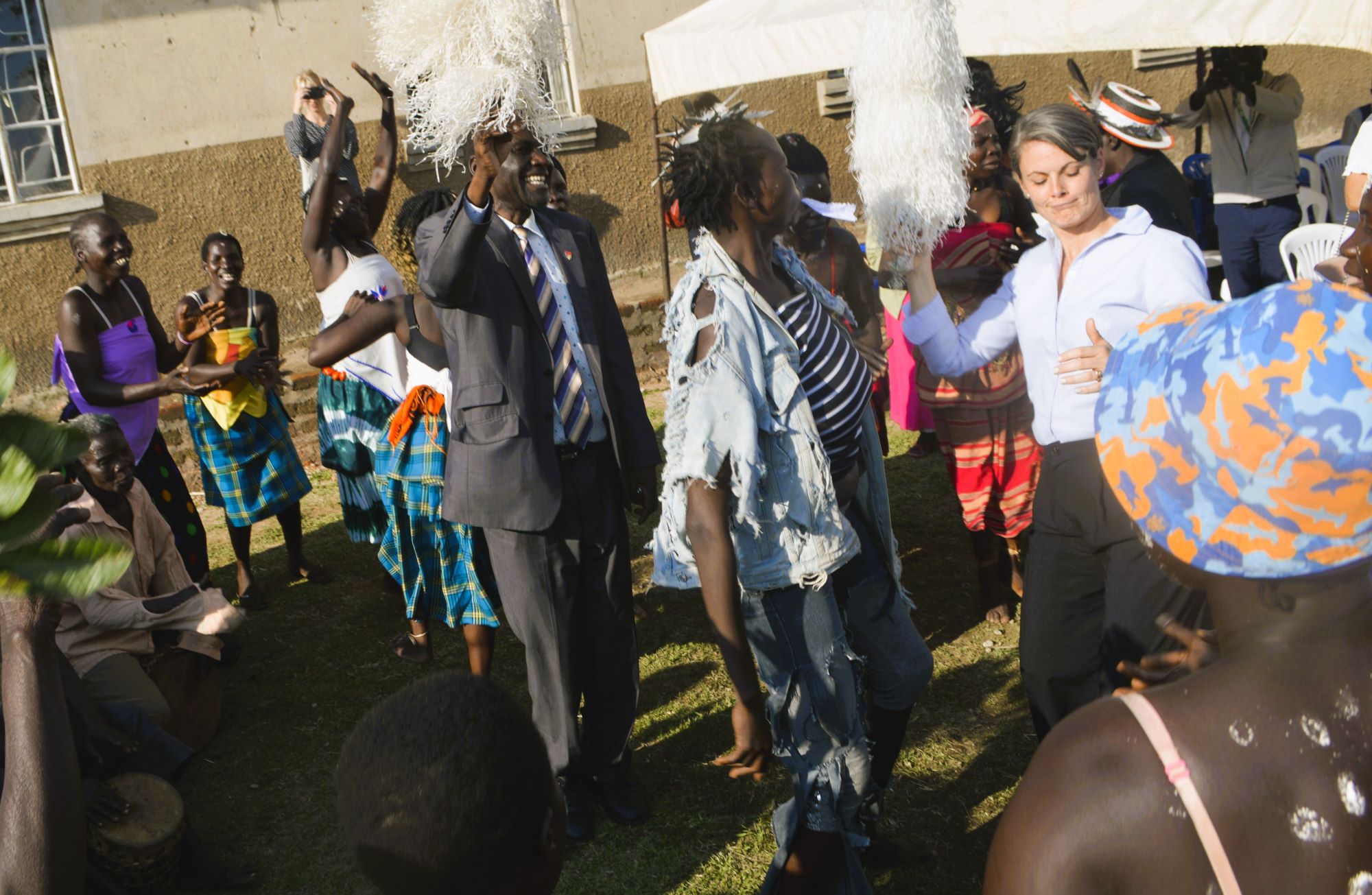
She added: “An engaged civil society play a key role in advancing and implementing this. We need to create a lasting impact in this region.”
Similarly,, the Netherlands Ambassador to Uganda, Frederieke Quispel, explained that with the partnership, citizens will have the opportunity to participate in decision process on governance.
Frederieke said: “CSOs are the guardians of human right, amplifying the voices of those who are often unheard and holding power accountable to the people.”
Acknowledging the power of accountability, Ambassador Frederieke added that: “By empowering CSOs, we are fostering a culture of transparency, justice and peace that benefits every Ugandan. Our commitment is a commitment of progress.”
As part of the program, at Ewava primary school, the Uganda Law Society conducted legal aid sessions where about 100 locals from within tabled their grievances and sought help on how to access justice.
The Irish deputy Ambassador, Jill Clements said and active and engaging civil society is fundamental to promote inclusive and sustainable development, adding that by empowering citizens, the different stakeholders should be able to discuss, coordinate and discuss their respective actions and contribution to development of Uganda.
What the leaders say
Williams Anyama, the LC 5 chairman Moyo and Chairperson West Nile Development Agency-WENDA stated that with this intervention, the communities should be able to participate meaningfully in development planning and tracking implementation of the plans.
Alfred Okuonzi the LC5 chairman of Arua district was optimistic that it will address the community concern of corruption, which undermines and frustrates development efforts. “Corruption affects the poorest person most and it is unacceptable. We need to bridge the gap of inequality between the poor and the rich through this programme. Leaders need to perform their rights and responsibilities,” he said.
The Deputy Resident District Commissioner Arua, Denis Okwai Jawoko, noted that development partners and NGOs do not come to take over the roles of government but rather complement government efforts. “We remain committed to ensure that the projects succeed so that we have an empowered society,” he said.
On Thursday, a drive to Lobule Sub county ushered a new dawn to women groups where they have been engaged by Rural Initiative for Community Empowerment (RICE-WN) in water for production. This has enabled the fight against hunger and increased food production possible with establishment of water for production through irrigation system.
The hope
A Farmer, Rukia Ajonye, said the group is becoming self-reliant and are able to carry out trade with the food crops they are producing in Koboko. She said there is abundant market even among the Congolese refugees who needs food.
“We have been faced with droughts for several years, but now with this irrigation scheme, we are able to produce short term crops even during dry seasons. Hunger will be no more in our families.
The Executive Director RICE-WN, Pax Sakari, said: “This is a transformative journey for the communities whom we are trying to touch lives. Agriculture is a backbone of the country. When the families are empowered, they can live a longer life. The water for production is a simple scheme that can be replicated by others.”
He said there was also need for the communities adapt to the various technologies in order to fight climate change that has affected food production. “The weather has become unpredictable for farmers. So, we need to take care of the weather with people being empowered to ask for accountabilities in prioritizing irrigation schemes,” he said.
The programmes come at a time when a section of Ugandans is bitter with the cases of corruption that is happening in the government and private sectors. In the past one months some protests have been carried out against corruption.
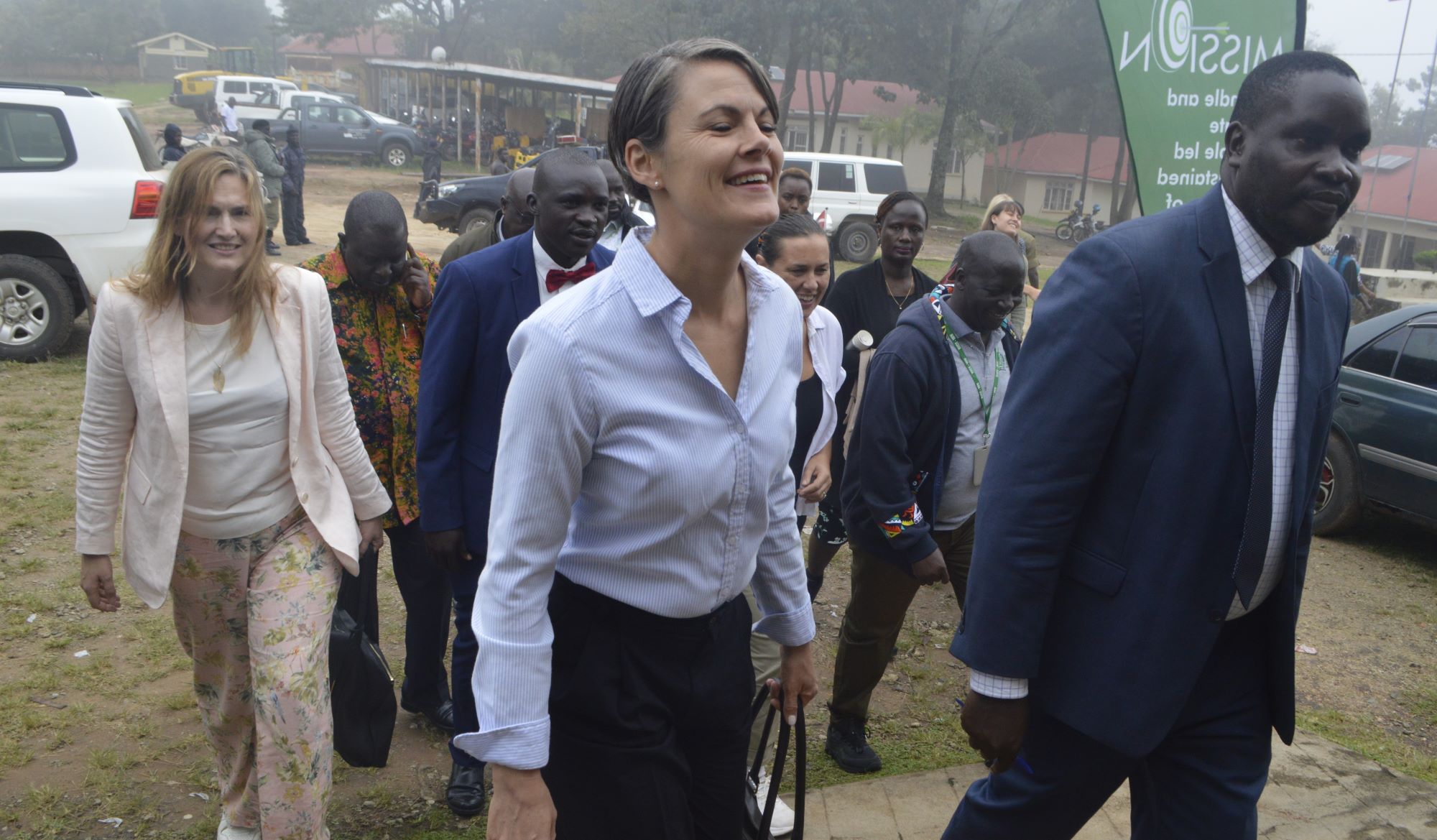

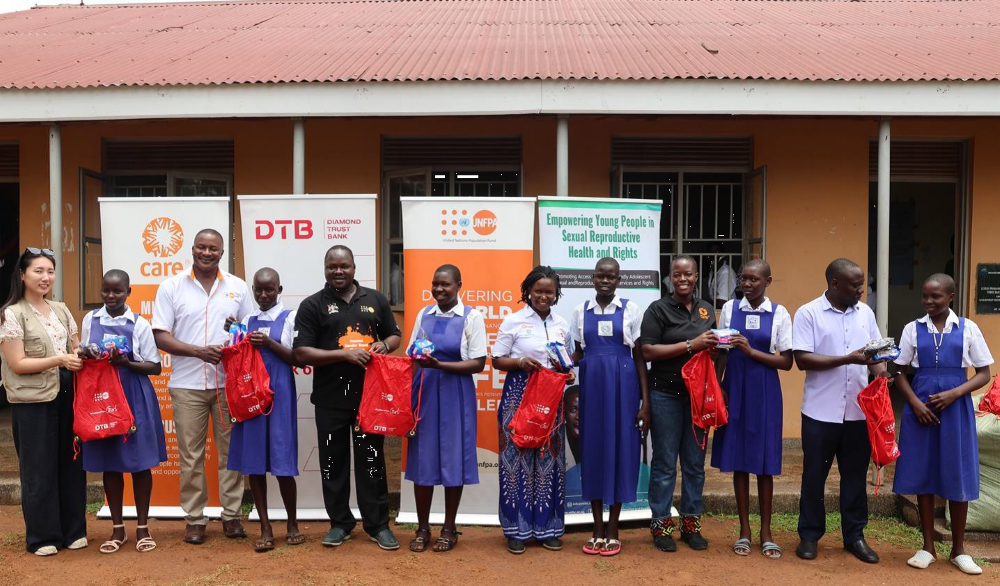
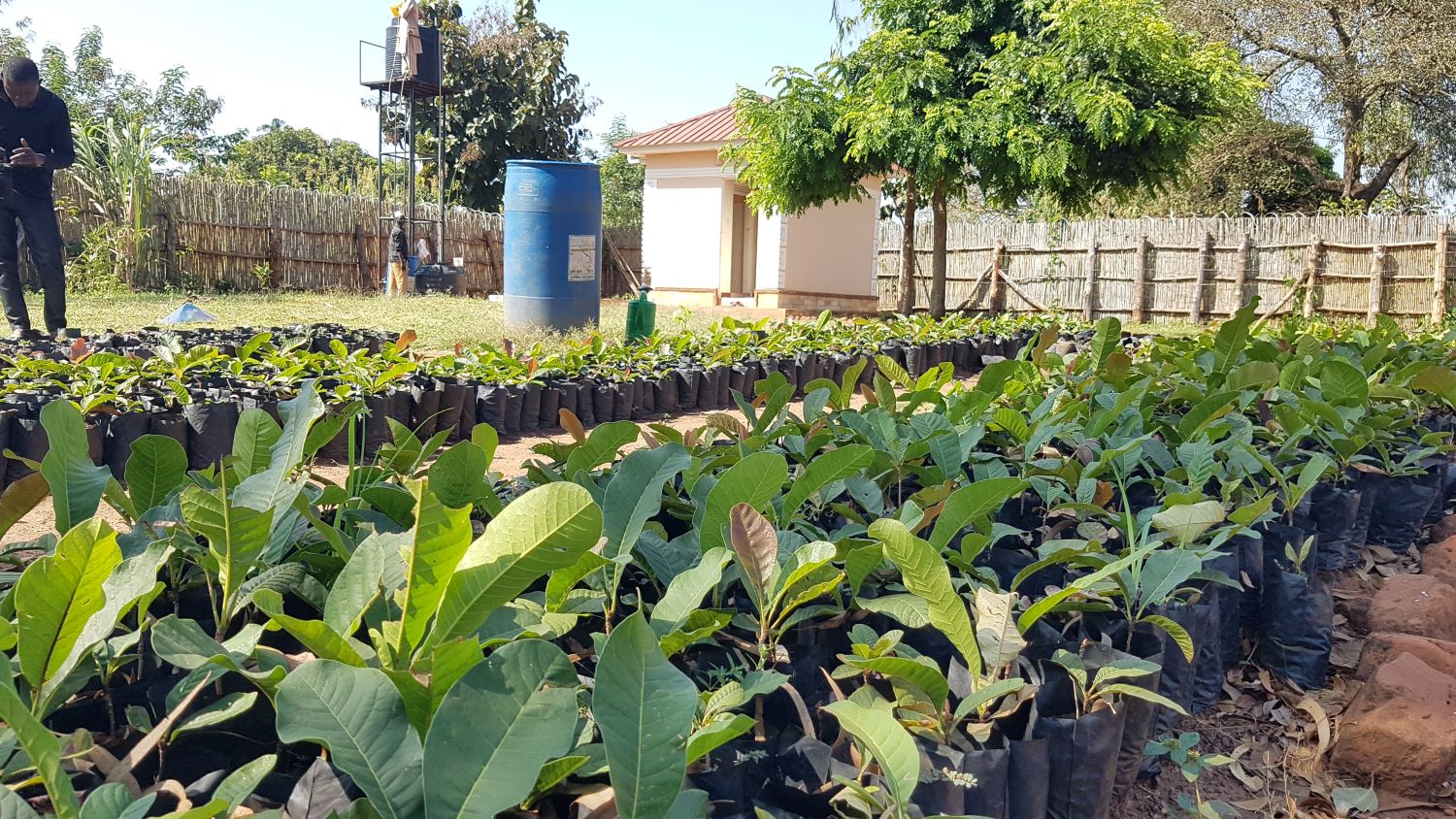

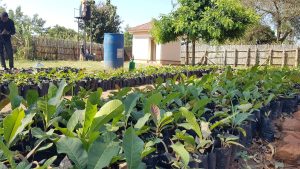

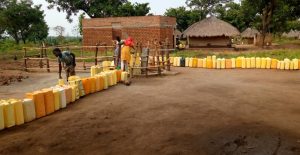
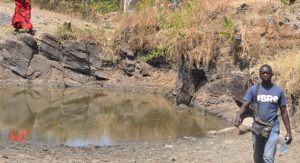
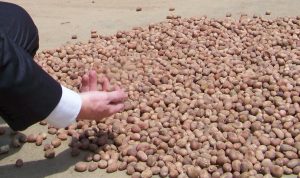
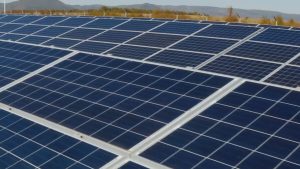
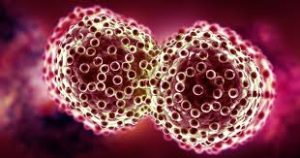
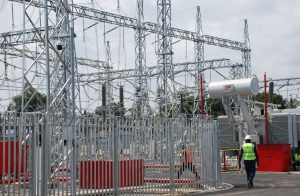
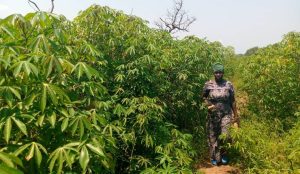
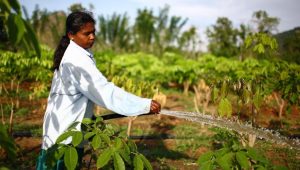
Post Comment